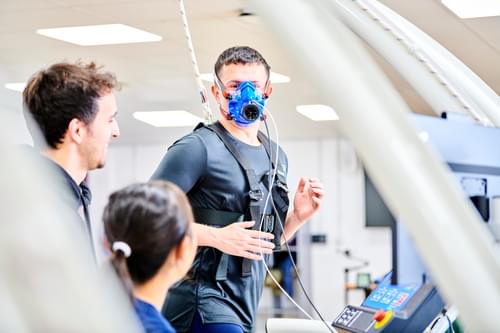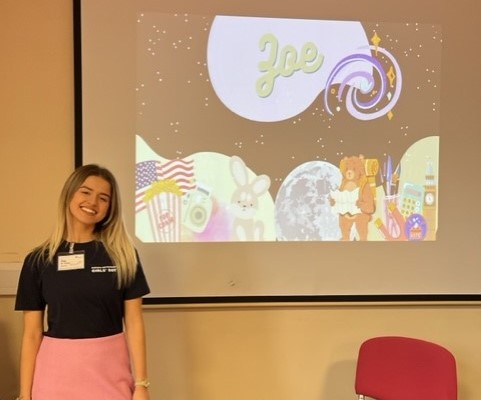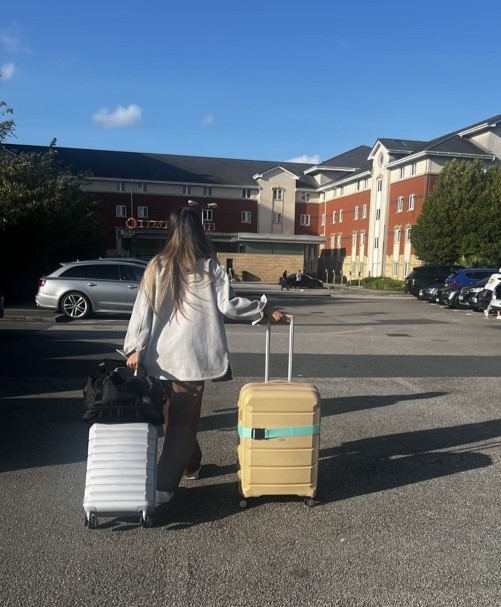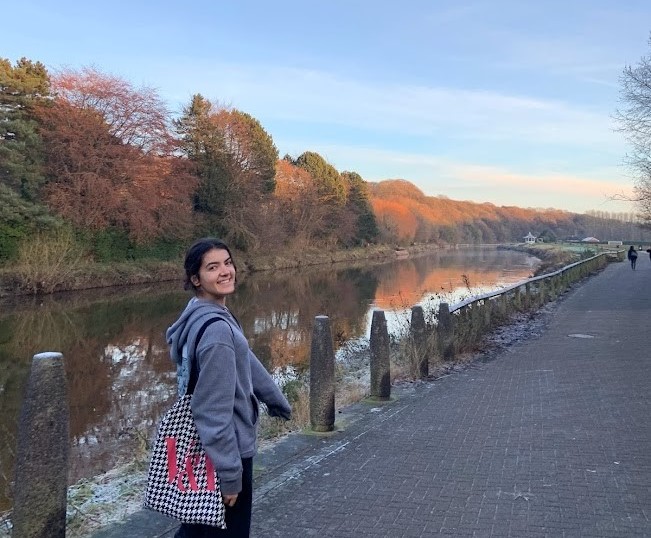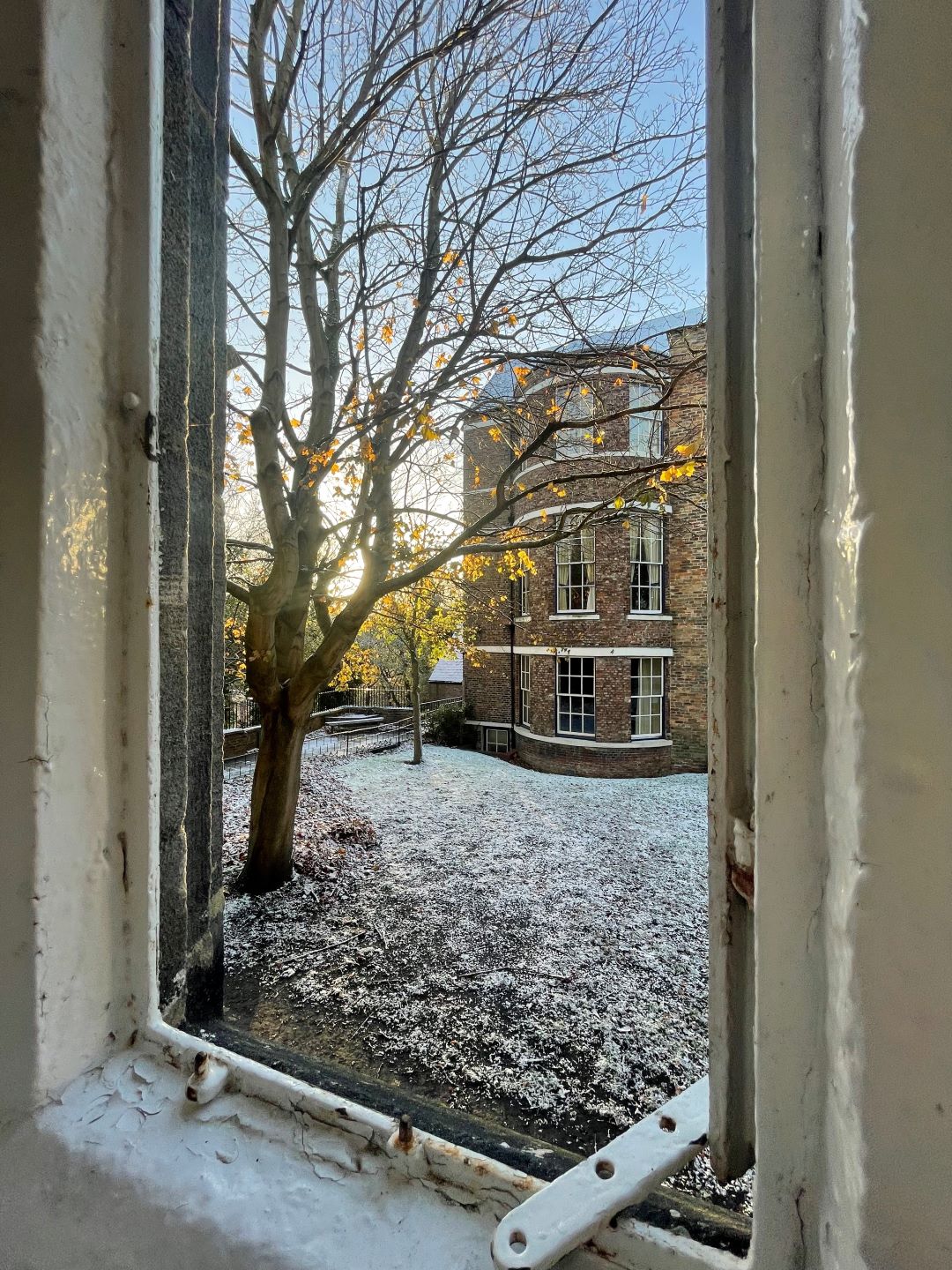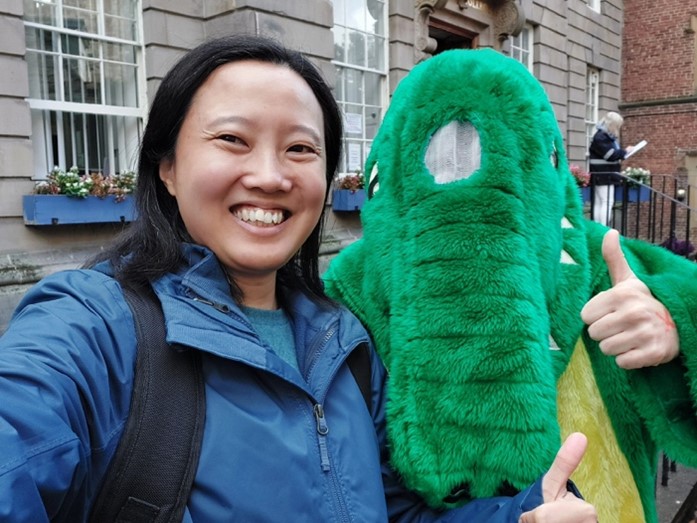Hi, my name is Anne-Marie, and I am a 2nd year student studying History and Russian. When I was in sixth form, I knew that I wanted to study languages at university, (I had maybe romanticised the idea of studying abroad and was already planning my big getaway) but was unsure about what form that might take. I was stuck deciding between either studying History or Spanish with Russian and felt conflicted about my choice even in my first couple weeks at university.
I was very grateful for the professors within the MLAC department who took the time to meet with me and discuss the pros and cons of my course. At the time it felt a little like to make a decision would be to close a door that I could never reopen but the reality is a little more nuanced.
It is worth noting that within the humanities faculty at Durham students have the opportunity to explore subjects within other departments (although this varies depending on your exact degree programme so do check your eligibility prior!). Therefore, if you decide that an MLAC degree isn’t for you, it’s still possible to integrate languages into your degree at the Centre for Foreign Language Studies or potentially on a year abroad.
Structure of the course
Each year at Durham you will take 120 credits worth of modules. For language students you will have compulsory language and culture modules. My language classes in first year dealt with grammar, oral expression, and comprehension whereas for culture I decided to focus on history and folklore. However, there was lots of flexibility for me to delve into different aspects of culture from literature to film to artistic movements so whatever your niche, there’s something for everyone!
Contact hours in MLAC are divided into lectures, seminars, and language classes. During lectures you listen to a professor discuss a topic in-depth, they provide important context for your seminars as well as a starting point for essay questions. Seminars are small discussion groups taught in English.
Different ways of learning
Everyone comes to uni with a slightly different vocabulary and level of language. I remember the imposter syndrome kicking in during my first grammar class but try not to worry, the department should meet your where you’re at. Your first year, if you are a post A-level (or equivalent) student, will establish the foundations of the language and ensuring everyone has a good understanding of important grammar points. If you are taking up a language ab-initio (from scratch) then the course will take you right from the beginning.
Time devoted to independent study is one of the main differences between high school and university learning. This is especially true for language students, where consistency is key. The good thing is that you have the time and flexibility to figure out how you learn best and what will motivate you to keep going. For me, I know that one of my favourite ways to learn vocab is to read children’s stories in Russian on LingQ.
Discover more
Feeling inspired? Visit our School of Modern Languages and Cultures webpages to learn more about our postgraduate and undergraduate programmes.
Follow our team of student content creators at The Durham Student on Instagram, TikTok and YouTube
Create your own personalised prospectus here



